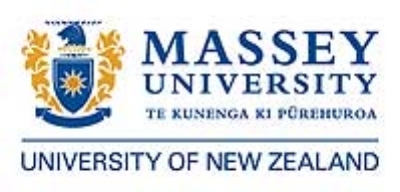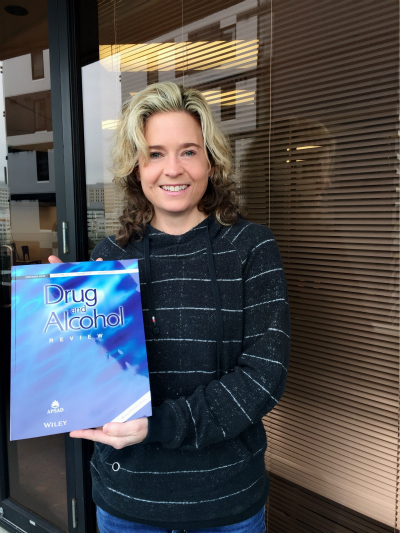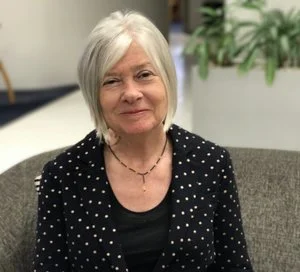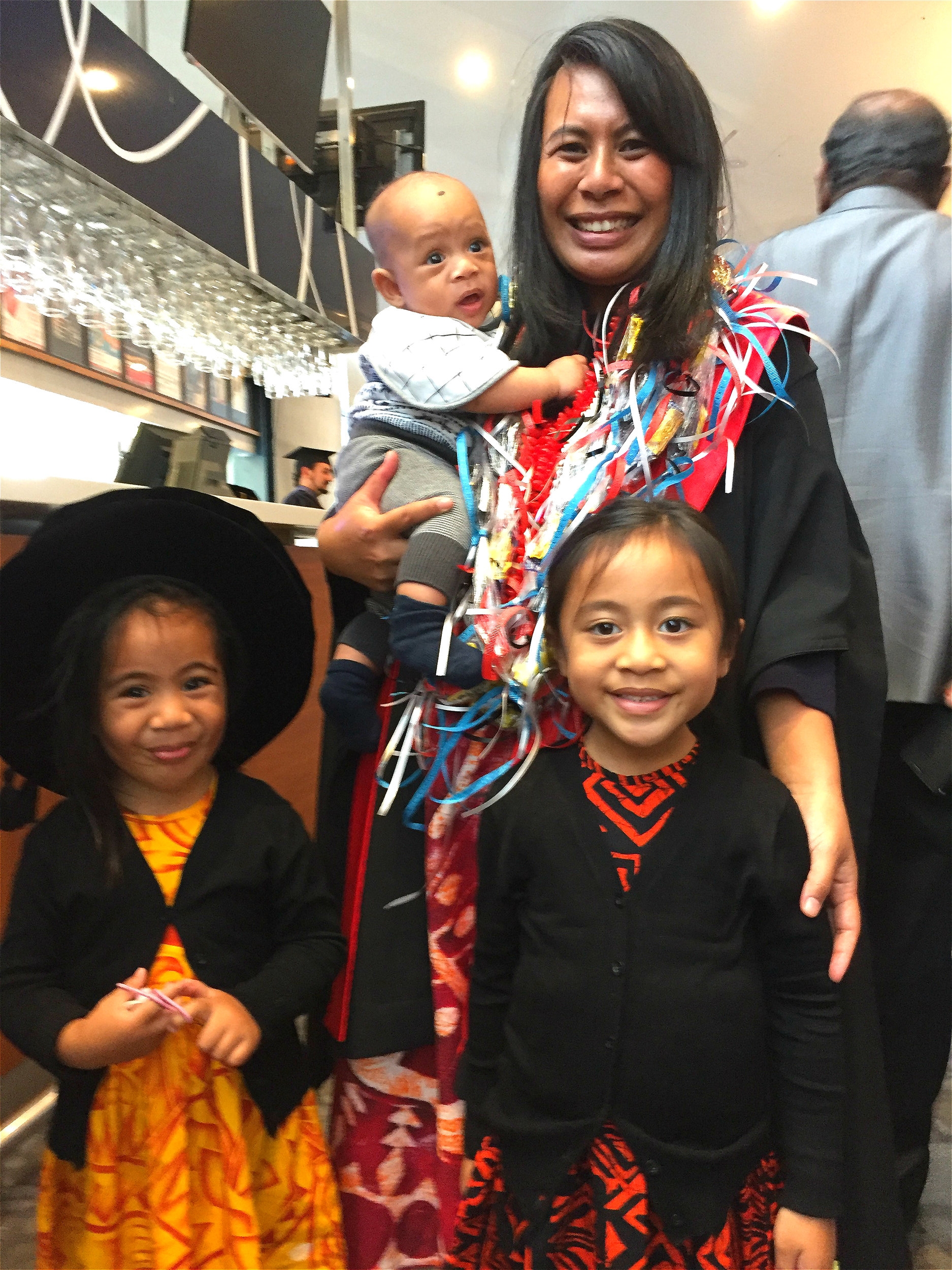Professor Sally Casswell was a resource person at a week long workshop held in the Lao People’s Democratic Republic in which senior government officials from health, justice, finance and trade from four countries: Viet Nam, Lao PDR, Cambodia and Mongolia came together to develop effective alcohol policy. This was the second module of a project organised by the Western Pacific Regional Office of the World Health Organisation. ‘This is a contribution we make as a World Health Organisation Collaborating Centre in alcohol and drug policy and provides a very valuable insight into the alcohol environment and the activities of the alcohol industry globally’ said Professor Casswell.
Extensive Beer Lao marketing is targeted in the new draft Decree on Alcohol Control in Lao PDR.
















